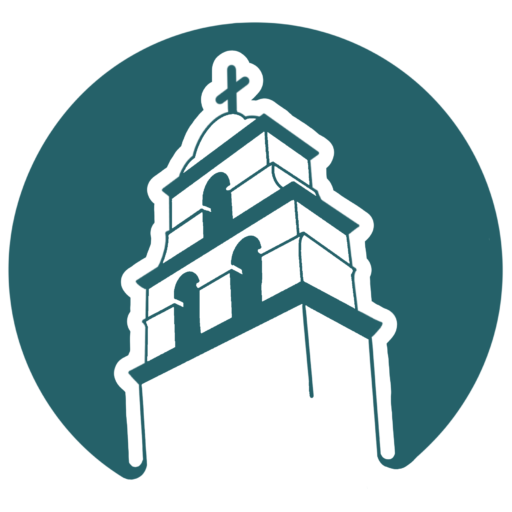VATICAN CORNER
On Sept. 7th thru 11th, 2017 Pope Francis visited Colombia. The last visit by a pope to that country was in 1986. His journey had the moto: “Let’s take the first step.” The moto meaning that a#er 52 years of terrible internal fighting, with an estimated 220,000 people killed, and at least six million people displaced by the conflict, the peace agreement between the government and the largest rebel group, in its early stages of implementation, is a step towards a better future. Francis strongly supported the peace initiative without appearing to favor either side or specific deal points. He came to Colombia, a country of 48 million people (75% Catholic), to encourage the divided nation to join back together in the cause of peace and reconciliation. Instead of being met by a usual military honor guard at the airport, the Pope was met by scores of children from across Colombia. He traveled to the cities of Bogotá, Villavicencio, Medellin and Cartagena, and met with the president and government officials, the country’s bishops, several groups, including wounded veterans of the police and military hurt by land mines and gunfire. Francis performed blessings, held 4 Masses & a prayer meeting for national reconciliation. He paid homage at the church dedicated to Colombia’s first saint, Pedro Claver, a Spaniard and Jesuit (like Francis), who in the 17th century ministered to slaves arriving after suffering terrible conditions on ships from Africa. Everywhere Pope Francis traveled, huge ecstatic crowds strained for a glimpse of him in his open popemobile. At one location a sudden stop of the popemobile caused Pope Francis to lose his balance and hit the le# side of his face against a vertical bar. He received a bruise to his le# cheekbone and eyelid, but he was not seriously hurt and he received ice treatment and was fine to continue on his trip. Later he joked “I was punched. I‘m fine.” He preached reconciliation, respect for the environment and encouraged youths to take up missionary work and other religious vocations. The peace deal between the government and rebels, gave concessions resulting in sharp division in Colombian society between those willing to forgive the violence of the past and those who insist the agreement’s terms are too generous. About 7,000 rebels le# the jungle, gave up weapons and returned to civilian life. They say they will form a new political party and vie for votes in Colombia’s elections. Three days before the Pope’s arrival, the second largest rebel group agreed to a three-month cease-fire and is negotiating a peace deal with the government. The former rebels of the first peace agreement have largely held up their end of the bargain, but the government appears to be fallen short in providing assistance to them, or even providing water and power as agreed. Programs like crop substitution for coca (cocaine) farmers remain in their infancy. A transitional justice program for war crimes could be delayed as long as May. Some say there are real storm clouds on the horizon. Pope Francis said “All of us are necessary to create and form a society…the greatness of the country lies in that there is room for all and all are important.” He said “the best way to deal with conflict is the willingness to face conflict head on, to resolve it and to make it a link in the chain of a new process.”
Sources: ruters.com, latimes.com, nytimes.com
